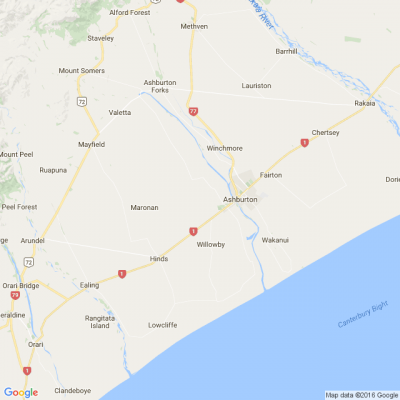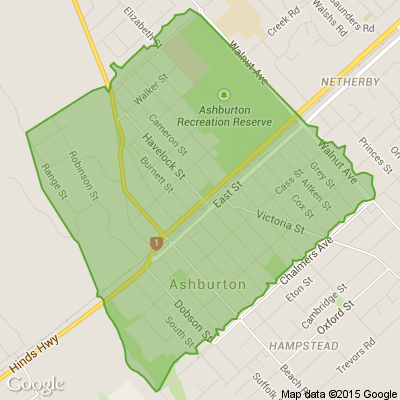How much green is going in Ashburton’s red bin?
By local democracy reporter Jonathan Leask:
How much green waste the Ashburton District sends to landfill will be investigated before introducing kerbside green waste collection.
It is estimated that green waste makes up around 40% of the district’s general wast.
The Ashburton District Council is planning to introduce green waste collection in 2026, to align with a new waste management contract.
It has to start collecting household food waste by 2027 under government legislation, but in the long-term plan, the council is proposing to expand that to a food and organic waste collection service.
Which service it lands on will be decided over the next few weeks as councillors deliberate on public feedback to the draft plan.
But councillor Richard Wilson wants work done to get a clearer picture of how much green waste is being sent to the landfill at Kate Valley.
“So we don’t wake up on the first day of green waste and go 'whoops we were wrong' by what could be three of four thousand tonnes quite easily”.
Infrastructure and open spaces group manager Neil McCann said it was something the council could look into.
“We could do an occasional audit over the next few months just to get an idea or feel towards how much green waste is in the red bins.
“It would be a good idea to get a rough estimate.”
Between June 2023 and March, the Ashburton District sent 11,426 tonnes of waste to the regional landfill at Kate Valley.
That puts the district on track to surpass the 14,800 tonnes in the previous financial year.
The introduction of green waste bins aims to dramatically reduce those figures, with a 2001 study showing between 32-40% of the waste going to landfill was organic.
The introduction of green waste bins will also present a cost saving by reducing the amount of waste being transported to Kate Valley.
For both green bin options the collected waste would be taken to the Ashburton Resource Recovery Park, and then sent to a plant in Canterbury for composting.
But there is a setup cost and additional cost of collection.
The council expect to receive a waste minimisation fund subsidy to help offset the introduction costs.
The 240-litre organic and food waste bin would cost ratepayers $72 while the 23-litre food waste bins would cost $35 per year.

Poll: Should the government levy industries that contribute to financial hardship?
As reported in the Post, there’s a $30 million funding gap in financial mentoring. This has led to services closing and mentors stepping in unpaid just to keep helping people in need 🪙💰🪙
One proposed solution? Small levies on industries that profit from financial hardship — like banks, casinos, and similar companies.
So we want to hear what you think:
Should the government ask these industries to contribute?

-
59.8% Yes, supporting people is important!
-
25.9% No, individuals should take responsibility
-
14.4% ... It is complicated
A Neighbourly Riddle! Don’t Overthink It… Or Do?😜
Do you think you know the answer? Simply 'Like' this post if you know the answer and the big reveal will be posted in the comments at 2pm on the day!
If you multiply this number by any other number, the answer will always be the same. What number is this?

Have you got New Zealand's best shed? Show us and win!
Once again, Resene and NZ Gardener are on the hunt for New Zealand’s best shed! Send in the photos and the stories behind your man caves, she sheds, clever upcycled spaces, potty potting sheds and colourful chicken coops. The Resene Shed of the Year 2026 winner receives $1000 Resene ColorShop voucher, a $908 large Vegepod Starter Pack and a one-year subscription to NZ Gardener. To enter, tell us in writing (no more than 500 words) why your garden shed is New Zealand’s best, and send up to five high-quality photos by email to mailbox@nzgardener.co.nz. Entries close February 23, 2026.







 Loading…
Loading…